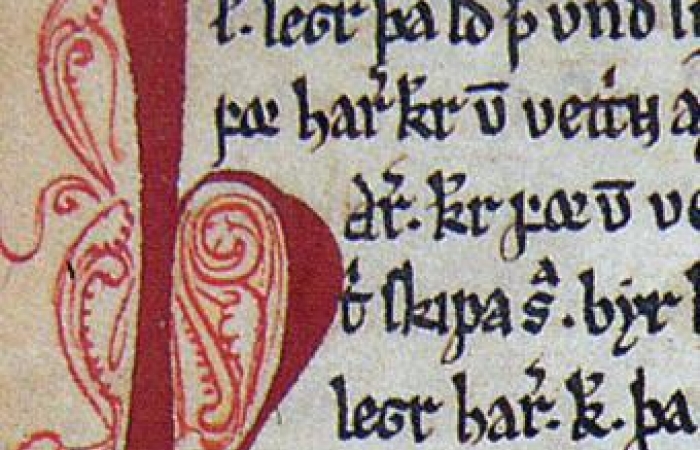The Berkeley Revolution
"The Berkeley Revolution" is a digital history website that dramatizes, through curated archives of primary documents from the time, the story of Berkeley's political and cultural transformation in the late-60s and 1970s. It was created primarily by Cal undergraduates, with the supervision of Professor Scott Saul, through an honors seminar in American Studies. Six research projects, with 300 primary source documents attached to them, were launched with the first iteration of the class in 2017; more projects will be launched with future iterations of the class.![]()
